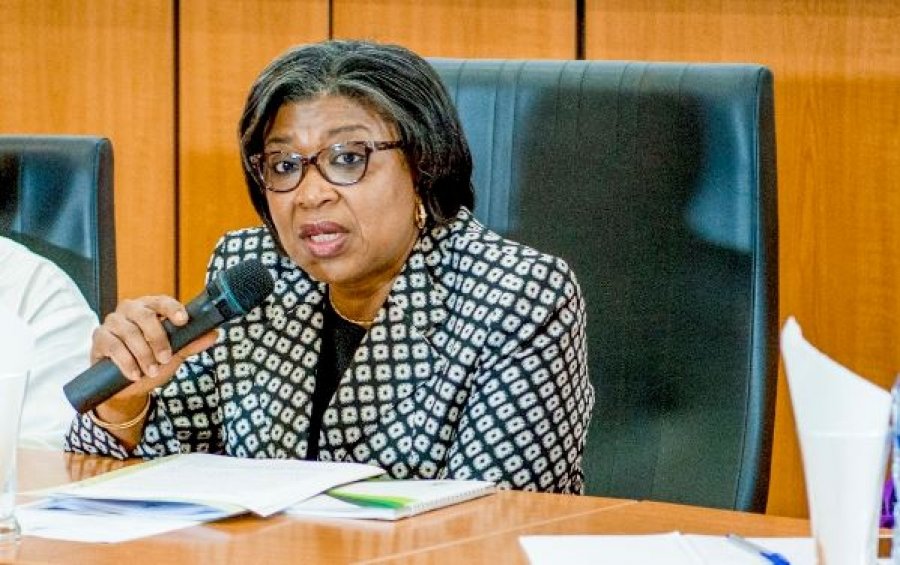NIGERIA’s total debt service costs, including external and domestic obligations, rose in the third quarter of 2024, reflecting the combined impact of increased external debt service payments and currency depreciation.
The total debt service cost for Q3 2024 reached an estimated N3.57tn, marking a quarter-on-quarter increase of N60bn or 1.71 per cent from N3.51tn recorded in Q2.
Data from the Debt Management Office showed that external debt service payments in Q3 amounted to $1.34bn, which translated to N2.14tn when converted at the September exchange rate of N1,601.03/$.
In comparison, the Q2 external debt service of $1.12bn was valued at N1.65tn, based on the June exchange rate of N1,470.19/$.
This reflects a 29.70 per cent increase in naira terms, primarily driven by the naira’s depreciation and a higher dollar obligation.
The exchange rate used for the external debt was provided by the DMO in its reports.
In dollar terms, Nigeria spent $1.34bn on external debt service between July and September 2024, a 19.44 per cent increase from the $1.12bn recorded in the previous quarter.
The rise in payments was primarily attributed to higher obligations to multilateral and bilateral creditors, alongside significant interest payments on commercial loans.
Data from the DMO revealed that multilateral debt service payments remained the largest component, totalling $712.66m in Q3, up by 6.04 per cent from $672.01m in Q2.
This accounted for 53.26 per cent of total external debt service payments, driven by increases in both principal repayments and interest charges.
Notably, payments to the International Monetary Fund rose slightly to $406.98m from $404.24m in the previous quarter.
Bilateral debt service payments experienced a significant Q-o-Q rise of 325.52 per cent, increasing to $186.92m from $43.92m in Q2.
This sharp increase was largely driven by payments to China’s Exim Bank, which rose to $182.04m in Q3 from zero in Q2.







